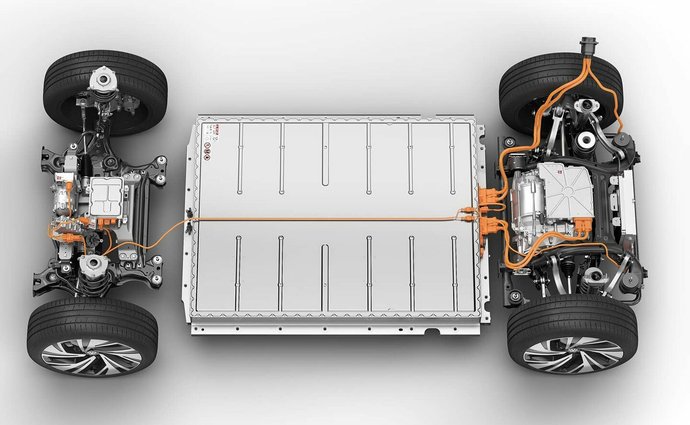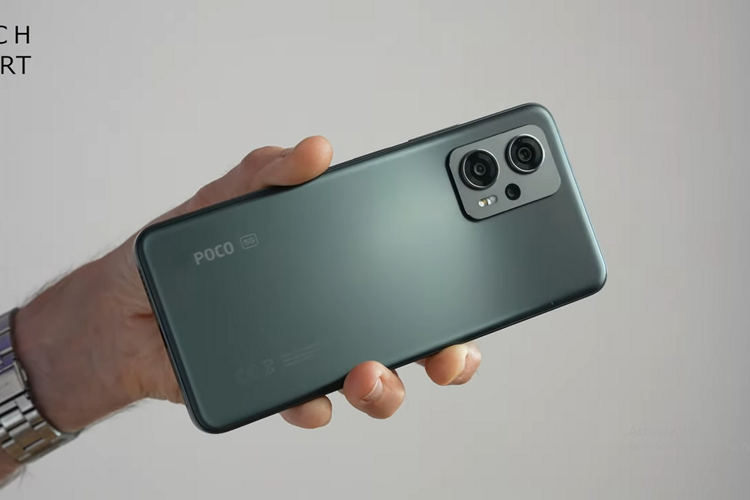The European Union’s agreement to phase out the production of internal combustion engine cars over the next 12 years is problematic, but an even bigger problem will be the production of enough batteries for the electric cars to replace the internal combustion engine cars. In an interview with the Reuters agency, the financial director of the German car company Volkswagen, Arno Antlitz, said this.
–
The comments came after EU countries agreed on laws to combat climate change, including one that requires new cars sold in the union to emit zero carbon dioxide emissions from 2035. In practice, this can make it impossible to sell cars with internal combustion engines.
“It’s a challenging goal. We think it’s achievable,” Antlitz said. “The most challenging issue is not increasing the number of car manufacturing plants. The most challenging issue will be getting the battery supply chain up and running,” he added.
Volkswagen said it would stop selling combustion engine cars in the region on that date. Some automakers that are behind in the development of electric cars, but may have problems meeting the deadline.
–
–
Major car companies are trying to secure battery supplies. However, finding enough raw materials for their production can be a bigger problem. Failure to obtain sufficient supplies of lithium, nickel, manganese or cobalt could slow the transition to electric cars, make them more expensive and threaten automakers’ profit margins.

–
–
Automaker Stellantis CEO Carlos Tavares said last month that he expects the auto industry to hit a battery shortage for electric cars between 2024 and 2025 because there won’t be enough new battery plants yet, but electric car production will grow. Today, Tavares added that the EU’s decision is not a surprise for Stellantis and is neither good nor bad news for the automaker. Stellantis now plans to sell only electric cars in Europe from 2030.
–


